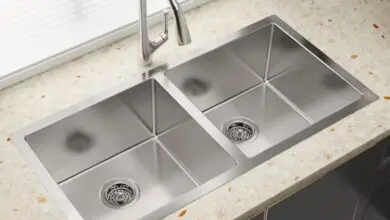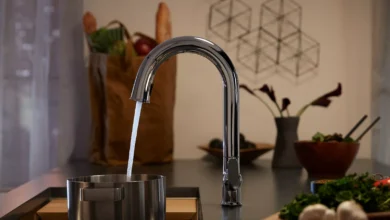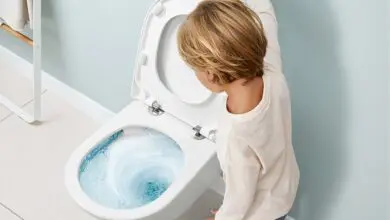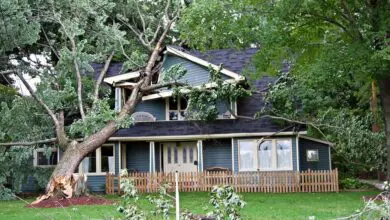7 Things To Have In Mind Before Installing Solar Panels On Your House
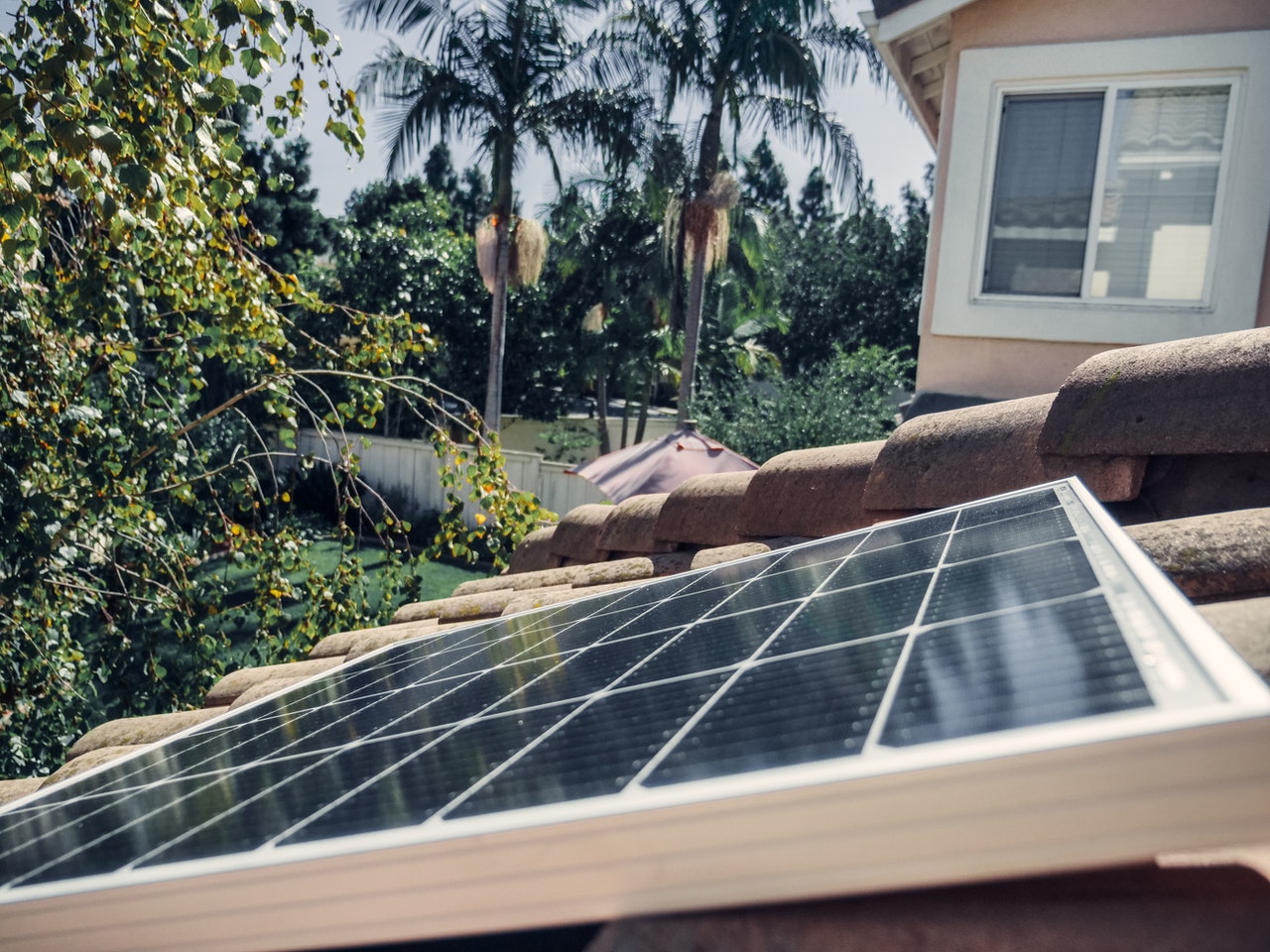
The average household spends about $2,000 on electricity annually, and about two-thirds of that goes to powering your home’s lights, appliances, and electronics. Wouldn’t it be great to slash that bill by going solar? Installing solar panels is a great way to reduce your carbon footprint and save money on your energy bill. But before you install, you should keep a few things in mind. In this article, we’ll go over what you need to know before installing solar panels on your
-
Your Home’s Location
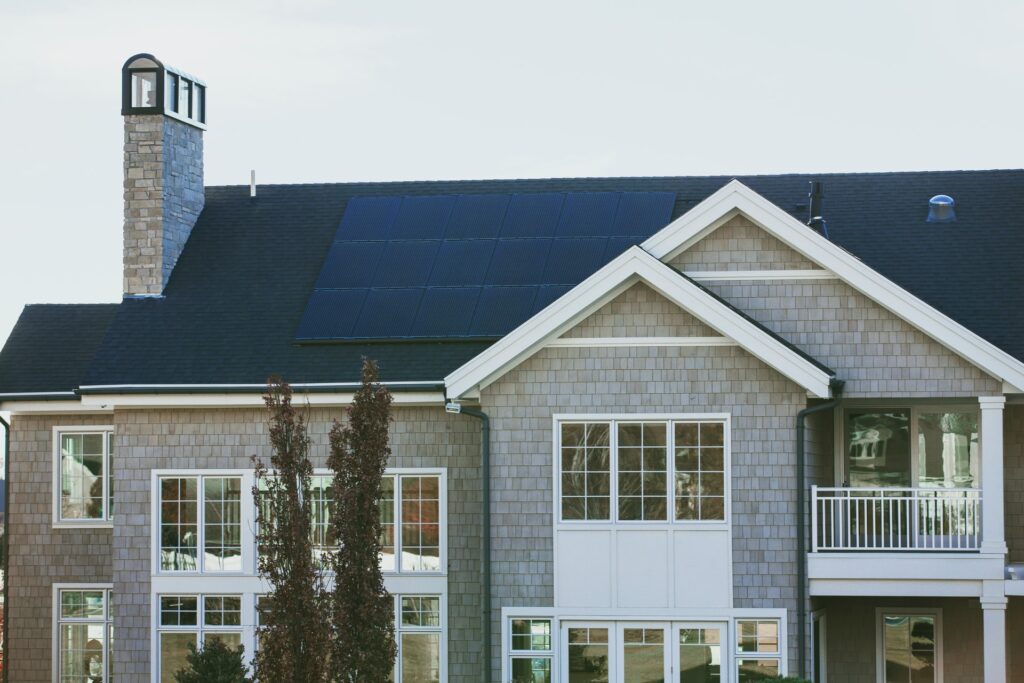
When it comes to solar panels, many people think the installation process is as simple as attaching them to the roof. However, you should do a few things before you start the installation process, such as finding the right location for your home. Homes near the equator tend to have more sunlight during the day than homes in other parts of the world. This is because the Earth’s tilt causes the sun to be higher in the sky during the day in the summer months and lower in the winter months. The closer you are to the equator, the less difference between the summer and winter months. This means that homes near the equator tend to have more consistent sunlight throughout the year and thus are ideal for installations.
-
Roof Condition, Layout, and Material
Roof condition, layout, and material all affect the panels’ efficiency. Panels rely on sunlight to generate energy, so a roof that is in poor condition or does not get direct sunlight will not be as effective. Additionally, the roof’s layout can affect how well the panels work. If the roof is too steep, the panels may not get the sunlight they need. And finally, the type of material the roof is made of can also affect solar plate efficiency. Some materials, like metal, reflect sunlight, reducing the amount of energy they generate.
By considering roof condition, layout, and material, you can ensure that your panels are installed in the most efficient way possible. This will help you save money on your energy bills and make the most of your investment.
-
Preferred Panel Options
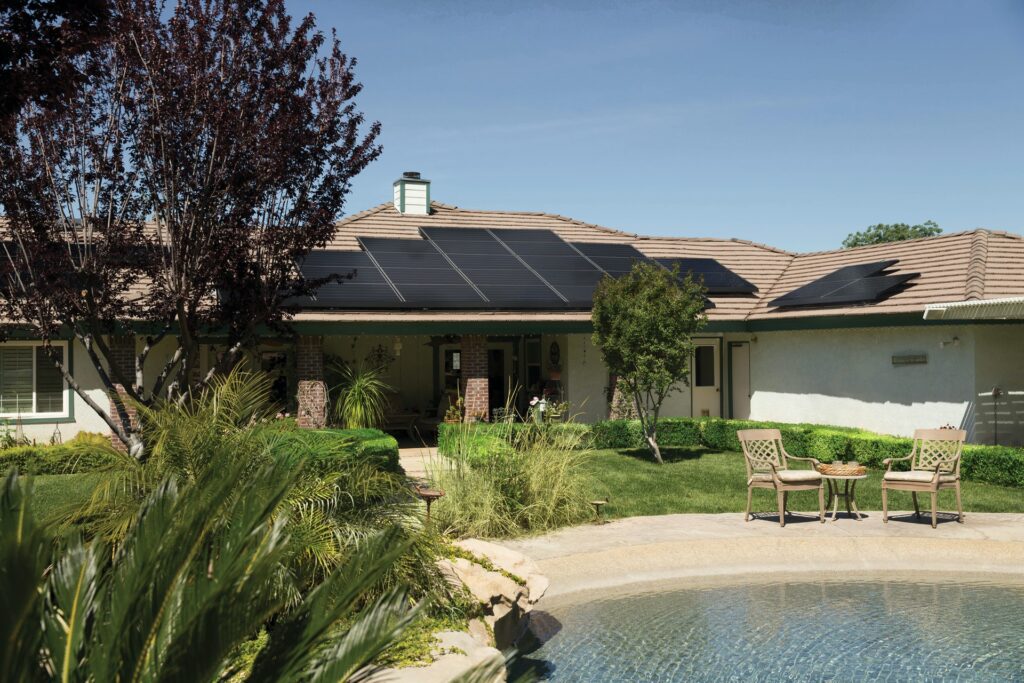
There are three main types of solar panels: polycrystalline, monocrystalline, and thin-film. Each type has its benefits and drawbacks, so it’s essential to know which one is right for you before you install panels on your house.
Polycrystalline is the most common type of solar panel. They’re also the most affordable, which makes them a popular choice for homeowners. Polycrystalline are made from multiple silicon crystals, which gives them a slightly lower efficiency than monocrystalline.
Monocrystalline is made from a single silicon crystal. This makes them more efficient than polycrystalline panels but also more expensive. Monocrystalline panels are often used in commercial installations.
Thin films are the least efficient type of solar panel, but they’re also the most flexible. Thin-film panels can be installed on curved surfaces, making them a good choice for solar carports and RV solar systems.
-
Check Your Local Financial Incentives
Installing solar panels on your house can be a great initiative to save the environment. But before you take the plunge, you should check to see if any financial incentives are available in your area.
Different states and local governments offer additional incentives for solar panel installation, so it’s essential to do your research before you make any decisions. Some incentives may cover the entire cost of your installation, while others may offer a tax credit or rebate.
Incentives can vary considerably, so you must check what’s available in your area before making any decisions. With some research, you can ensure you get the best deal on your solar panel installation.
-
Choose A Good Installer
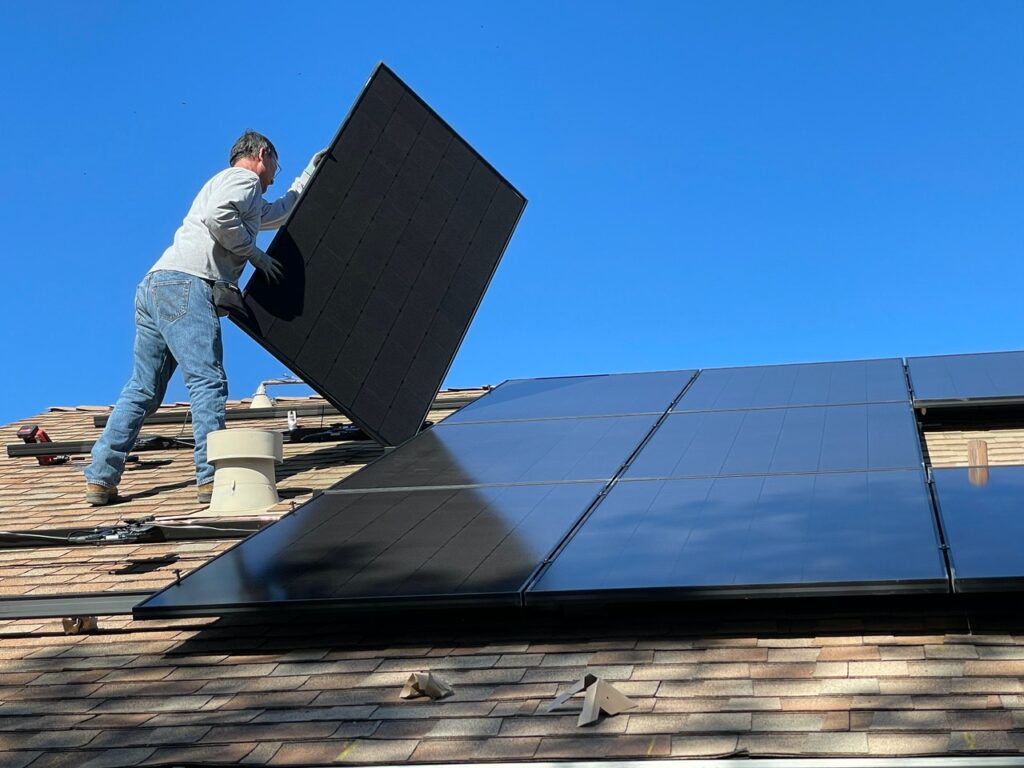
Before you install solar panels on your house, it is essential to choose a good installer. This is because solar panels are a significant investment, and you must ensure that they are installed correctly. A good installer like de-duurzame-jongens.nl will have experience installing solar panels and can do it quickly and efficiently. They will also be able to give you advice on how to maintain your solar panels so that they last for a long time.
There are a few things to keep in mind when you are choosing an installer. First, you want to make sure that they are licensed and insured. This will protect you in case something goes wrong during the installation. Second, you want to ensure they have a lot of experience. Ask for references and check online reviews. Finally, you want to ensure they are transparent about their pricing. Get a few quotes from installers and then make the final decision.
-
Measure Your Energy Use
Measuring your energy use and understanding how much electricity you need is essential. This will help you choose the correct size solar panel system for your home and ensure you get the most bang for your buck.
Consider your utility bills for the past year to measure your energy use. This will give you a good idea of your average energy consumption. You can also use an online energy calculator to estimate your energy use. Once you have a good understanding of your energy needs, you can start shopping for solar panels.
-
Decide If You Want A Battery
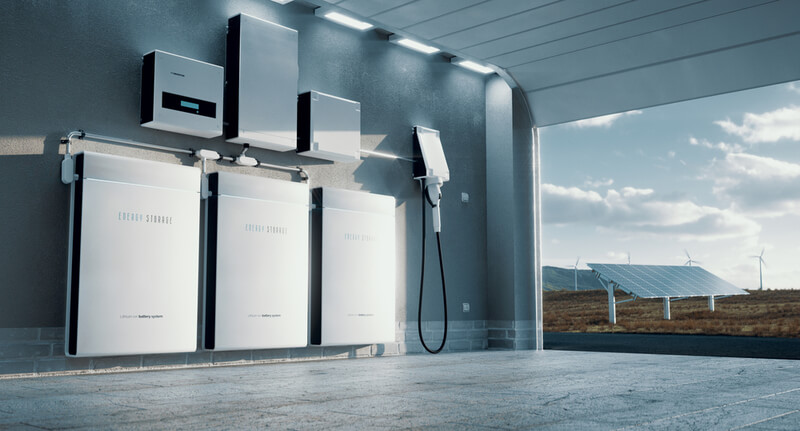
One of the essential decisions you need to make when installing solar panels on your home is whether or not you want a battery. A battery can store the energy your solar panels produce during the day so that you can use it at night or during a power outage. If you live in an area with high energy costs, a battery can also help you save money on your electric bill.
The decision of whether or not to install a battery is a personal one. You should consider a few things before making a decision, such as the cost of the battery, the amount of sun your area gets, and whether you want to be self-sufficient during a power outage. Weigh all of these factors before deciding so you can be sure you are making the best choice for your home.
Bottomline
Before installing solar panels in your home, you should keep several things in mind. These include the type of solar panel you want to install, the size of your home, your climate, and your budget. Once you have considered all of these factors, you can begin choosing the right solar panel for your home.

